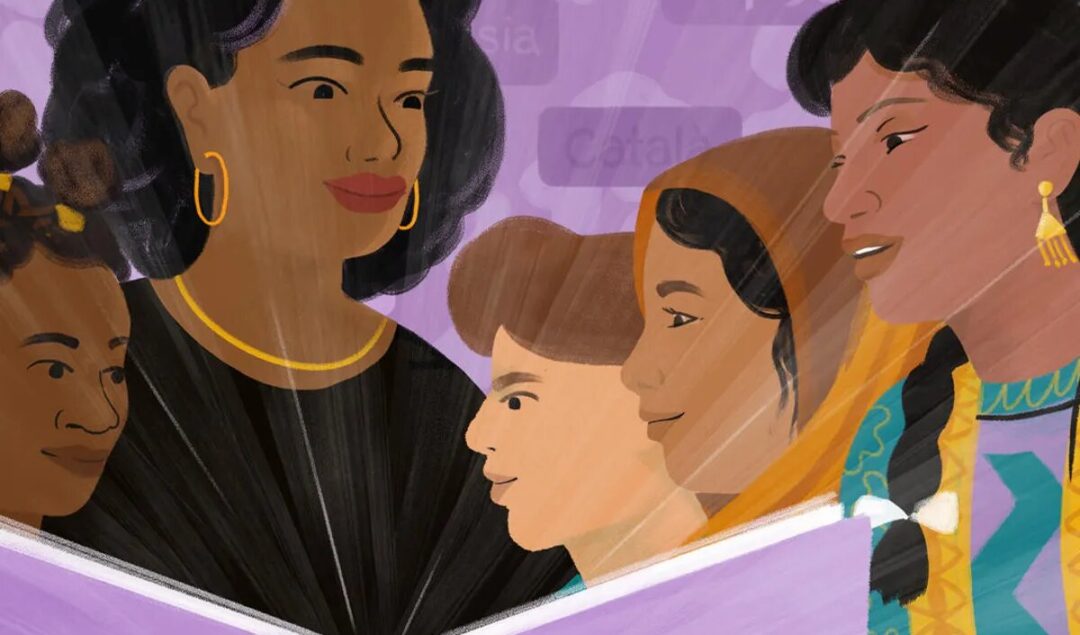Facebook Introduces New AI Translator That Translates 200 Languages

Social media giant Facebook is on a mission to create some of the most innovative forms of technology in society today. The platform recently announced the launch of its new AI translator, No Language Left Behind (NLLB-200), the first multilingual machine that can translate up to 200 languages without relying on English data.
The NLLB-200 aims to help people better connect in society today by eliminating the language barrier. Meta’s AI model uses one of the world’s fastest AI supercomputers and is already used to translate content on Facebook and Wikipedia.
The machine will use high-quality translation tools to provide almost twice the current number of languages offered by traditional translation software and is predicted to enable over 25 billion translations every day across Meta’s apps.
“Imagine people in a marketplace who speak different languages being able to communicate with one another in real-time using a phone, watch or multimedia content on the web that’s accessible to anyone in the world in their preferred language,” said Meta in an online statement.
“It will take much more work to provide everyone around the world with truly universal translation tools. But we believe the efforts described here are an important step forward.”
Billions of people still cannot break the language barrier due to translation technology not allowing them to connect with most of the online world. The machine, designed to handle only a handful of languages, will focus on languages currently underrepresented in translation technology, mainly in the African and Asian regions.
Meta also hopes to include a “low-resource languages” option in the model to have all languages not usually supported by their traditional translation tools.
The digital platform also awards up to $200,000 of grants to researchers and non-profit organizations that impactfully use the translator program. To qualify for the funding, users’ work must focus on sustainability, food security, gender-based violence, education, or other areas supporting the UN Sustainable Development Goals. Non-profit organizations interested in using NLLB-200 to translate two or more African languages are welcome to apply.
The introduction of No Language Left Behind (NLLB-200) comes after an investigation by human rights group Global Witness concluded that Meta failed to moderate harmful content in different languages.
Meta was found to have approved advertisements containing violent hate speech written in Amharic, the most commonly spoken language in Ethiopia. A previous investigation showed the same in Myanmar.
Meta responded: “We’ve invested heavily in safety measures in Ethiopia, adding more staff with local expertise and building our capacity to catch hateful and inflammatory content in the most widely spoken languages, including Amharic,” adding that machines and people can still make mistakes.



